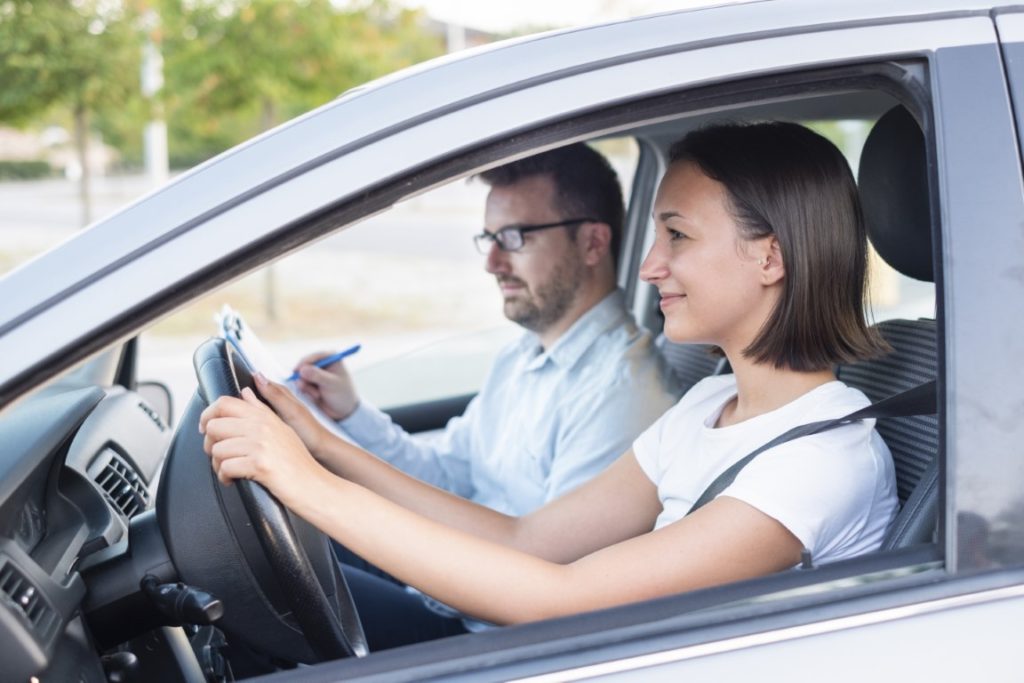
Only certified instructors should help new and developing drivers
By Jacey Gibb, Distribution Manager
Friends are the best. They stick by us through thick and thin, celebrate our victories, and pick us up when we’re down. They help when we’re feeling self-conscious or tell us when we’re being jerkfaces. Friends are confidants, wing-people, partners-in-crime, and support systems. One role a friend should never fill, though, is the role of driving instructor.
I get it. Driving lessons cost upwards of $90 an hour, and everything in this stupidly beautiful province is stupidly-expensive, but asking a friend to help you practice driving is problematic for everyone involved.
For starters, if you’re still in the early stages of getting behind the wheel, then you likely don’t own a vehicle yourself. You’re probably reaching out to a someone who does, but what happens if you get into an accident, and that vehicle is how your friend makes their livelihood, or how they get to school everyday? Transit in Metro Vancouver is decent—excuse the current transit strike—but 15-minute commutes by car can suddenly morph into hour-long transit rides. Some people also use their vehicle directly for their jobs, when they work at multiple job sites or for delivery purposes. In this sense, all of the risk is being placed on your friend who relies on their vehicle.
You should also consider the legal implications. Previously, if a person got in an accident while driving someone else’s vehicle, the vehicle owner’s insurance would be affected, meaning they’d end up paying more each month.
In 2019, ICBC changed their policies so drivers themselves are at fault, rather than the vehicle owner. However, this relies on the owner going to an insurance broker and changing their policy ahead of time, and listing someone as a driver. ICBC’s website states that “If an unlisted driver causes a crash in your car, you could face a financial consequence,” which rightfully sounds ominous.
Regular vehicles can also be a risky option when learning to drive. If you enroll for driving lessons, most vehicles provided have safety devices installed, such as a secondary brake on the passenger side for the instructor. This minor detail could really make a difference in serious situations, and I doubt your friend’s car comes equipped with the same features.
Your friend, ICBC, and everyone else on the road aside, asking someone to help you practice driving also shortchanges yourself. Just because a person’s a good driver and they’ve been driving for a long time doesn’t mean they’re good at teaching someone to drive. Driving a vehicle is a complicated balancing act, where you’re simultaneously doing a dozen things at once. A lot of these habits become autonomous after a while, and they’re not something you’d necessarily think to teach a new driver. Actual instructors know how to introduce these nuances in a step-by-step manner so that nothing important is left out.
If you truly believe someone would be willing to go through the hoops of helping you to drive, and you’ve taken lessons and have a confidence behind the wheel, that still doesn’t greenlight you to ask. Instead, drop hints that you could use more practice, and leave it up to your friend to offer. If they do, then the best of luck to you; otherwise, leave it to the professionals.


